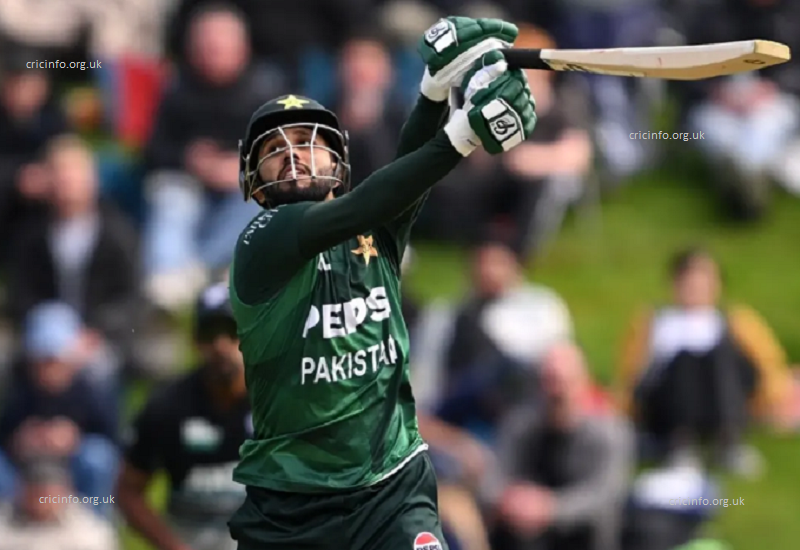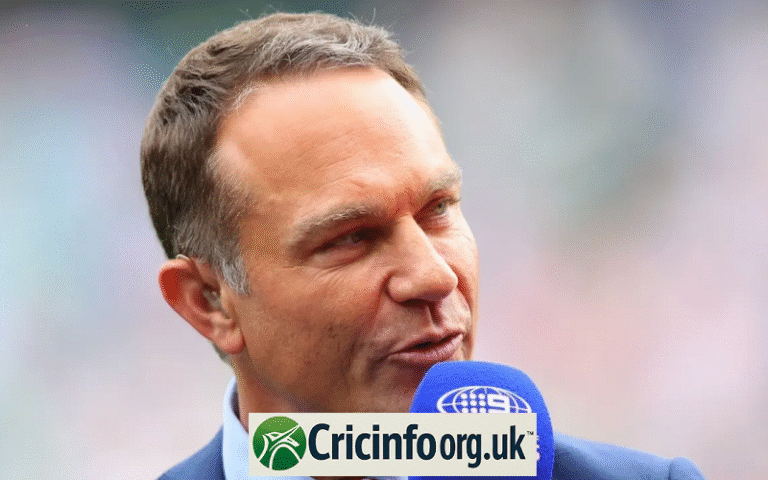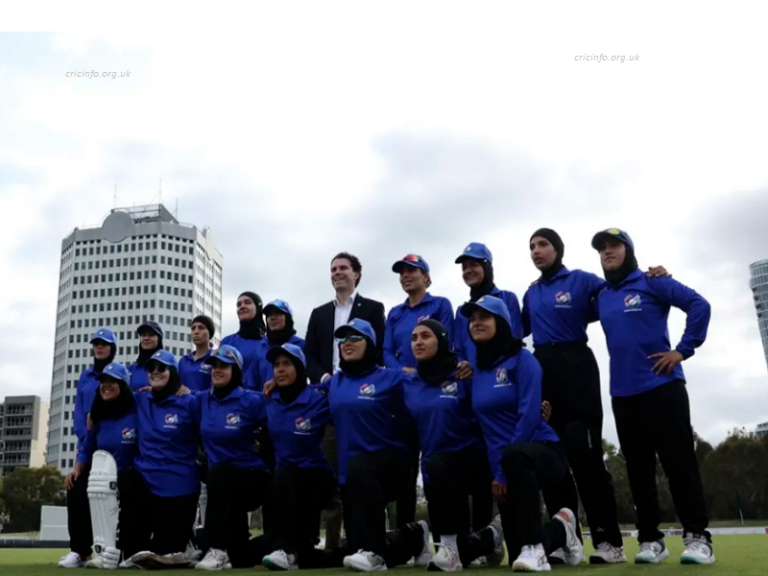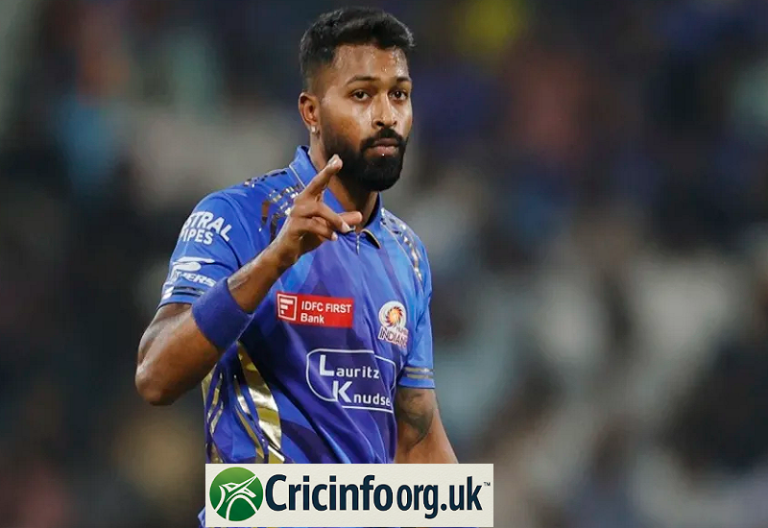
Pakistan’s pace sensation Haris Rauf has voiced strong support for backing young cricketers, emphasizing the need for patience and trust in their development. Speaking in a recent interview, Rauf highlighted the importance of allowing emerging talents a sufficient number of opportunities—at least 10 to 15 matches—to prove themselves on the international stage.
Haris Rauf’s Call for Consistency in Selection
Rauf believes that young players cannot be judged based on just one or two performances. He pointed out that giving a player an extended run allows them to adapt to the challenges of international cricket and build confidence.
“If we want to develop top cricketers, we need to invest time in them. A young player needs at least 10 to 15 games to find their rhythm and adjust to the pressure,” said Rauf.
The Pakistan Cricket Board (PCB) has often faced criticism for making frequent changes to the playing XI, sometimes dropping players after just a few matches. Rauf’s statement aligns with the broader debate surrounding player development and the role of selectors in shaping a strong squad.
Pakistan’s History with Young Talent Development
Over the years, Pakistan has produced some of the world’s most talented cricketers, but inconsistency in selection policies has been a major concern. Some promising players have faded away due to a lack of consistent opportunities.
Comparing the Number of Matches Given to Young Players
| Player Name | Matches Played Before Being Dropped | Returned to the Team? |
|---|---|---|
| Shaheen Afridi | 15 | Yes |
| Haider Ali | 8 | No |
| Naseem Shah | 12 | Yes |
| Mohammad Hasnain | 6 | No |
As seen in the table above, players who were given more matches had a greater chance of returning to the team and establishing themselves.
Haris Rauf’s Own Journey: A Testament to Consistency
Rauf’s own rise in cricket is a story of patience and perseverance. After being discovered in the Lahore Qalandars’ Player Development Program, he was given a fair number of games to showcase his talent. His breakthrough came in the Big Bash League (BBL), which led to his international debut. Since then, he has been a mainstay in Pakistan’s bowling attack.
If Rauf had not been given consistent chances, he might have faced the same fate as other young bowlers who faded away after a few matches.
Haris Rauf’s Performance in T20 Cricket
| Year | Matches Played | Wickets Taken | Economy Rate |
| 2020 | 11 | 16 | 7.80 |
| 2021 | 19 | 23 | 8.30 |
| 2022 | 22 | 31 | 7.90 |
| 2023 | 15 | 20 | 8.10 |
The table above demonstrates how Rauf improved with more matches, reinforcing his argument that young players need time to develop.
Comparing Pakistan’s Approach to Other Teams
Many top cricketing nations follow a structured approach when nurturing young talent. Teams like India, England, and Australia ensure that young players get a steady run before making a final decision on their place in the squad.
Comparison of Team Selection Approaches
| Country | Average Matches Given to Young Players | Success Rate of Young Players |
| Pakistan | 5-7 | 40% |
| India | 10-15 | 70% |
| Australia | 12-18 | 75% |
| England | 10-14 | 68% |
The statistics highlight that countries investing in young players for a longer period tend to develop more successful cricketers.
What Needs to Change in Pakistan’s Selection Policy?
Rauf’s call for patience with young cricketers is a wake-up call for Pakistan’s selectors and management. Here are some key takeaways:
- Consistent Selection: Players should not be dropped after just a few failures. Instead, they should be given an extended run to prove themselves.
- Defined Roles: Young players need clarity about their roles in the team to perform confidently.
- Mental Support: The PCB should invest in sports psychologists and mentors to help young cricketers handle pressure.
- Domestic Performance Consideration: A player’s domestic cricket record should be considered before selection.
- Focus on Skill Development: Training programs should focus on improving specific skills rather than just match performance.
Final Thoughts from Haris Rauf
Rauf remains hopeful that Pakistan’s cricket system will evolve to support young talents better. His message is clear: trust the players, give them time, and they will deliver. The success of Pakistan cricket depends not just on raw talent but also on patience, proper guidance, and opportunities.
If Pakistan’s selectors take Rauf’s advice seriously, the country could witness the rise of many more world-class cricketers in the coming years.




